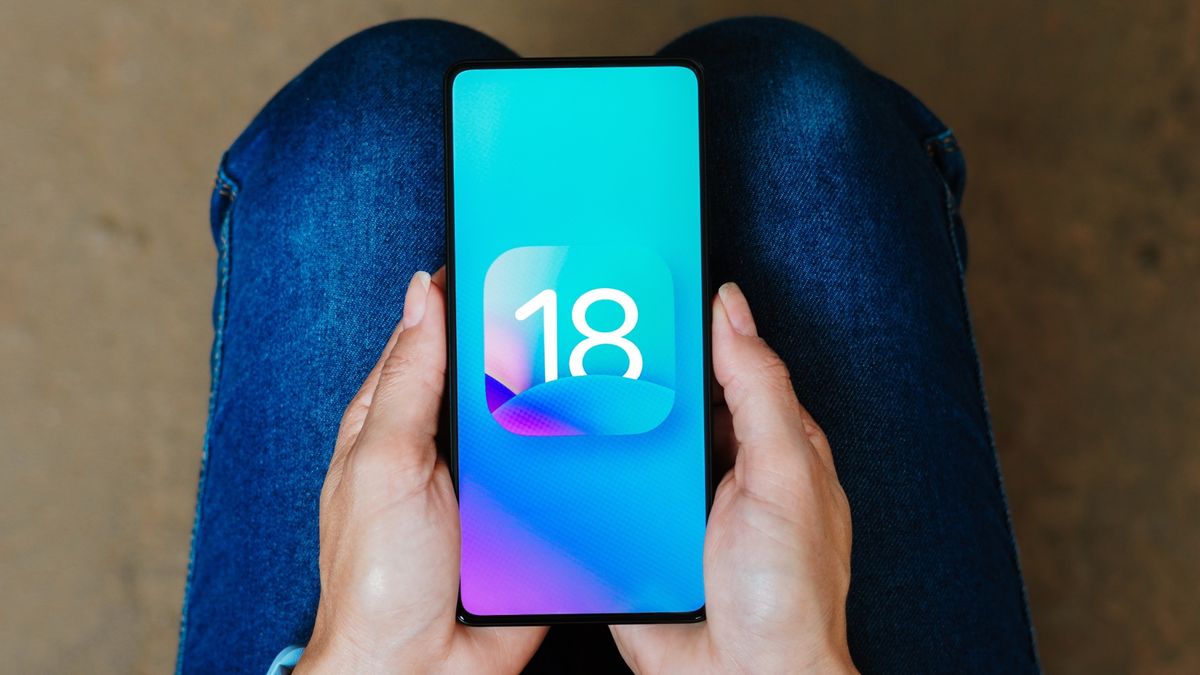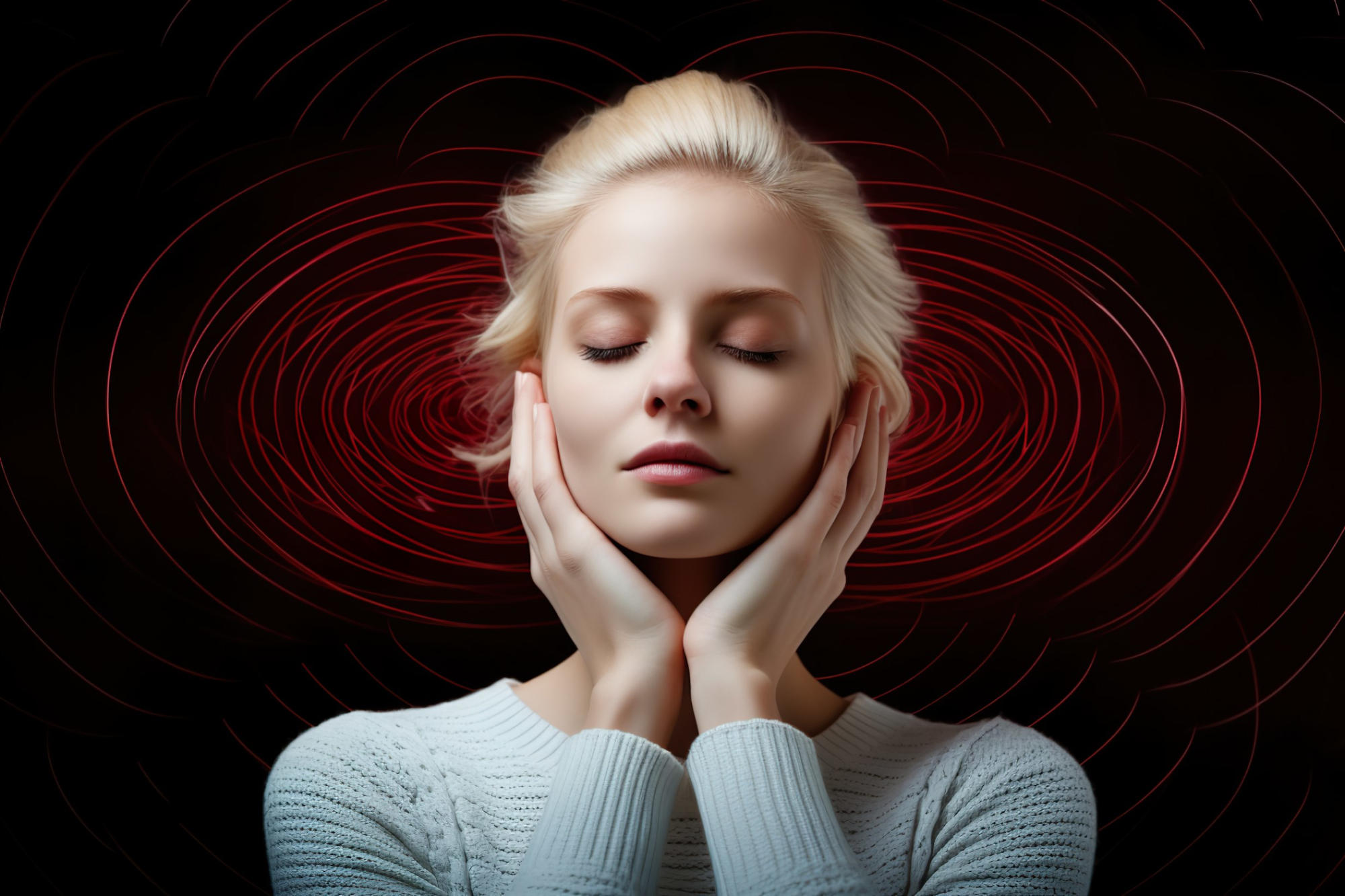Un estudio de la Universidad de Michigan encontró que la estimulación bisensorial personalizada, que combina el espectro de tinnitus individual con la estimulación eléctrica, puede reducir significativamente los síntomas de tinnitus y mejorar la calidad de vida. Este método, que será comercializado por Auricle Inc. Nueva esperanza de un tratamiento eficaz para millones de personas que padecen tinnitus.
Nuevo dispositivo de terapia innovador trata el silbido del silencio.
El tinnitus, que es el sonido de timbre, zumbido o silbido del silencio, varía en gravedad desde ser una molestia leve para algunos hasta una discapacidad grave para otros. En los Estados Unidos, hasta el 15 % de los adultos sufren tinnitus, y aproximadamente el 40 % de estas personas padecen la afección de forma crónica y buscan activamente tratamiento para su alivio.
Un nuevo estudio prometedor realizado por científicos del Instituto Kresge para la Investigación de la Audición de la Universidad de Michigan sugiere que tal alivio es posible.
Susan Shore, PhD, profesora emérita en el Departamento de Otorrinolaringología de Michigan y los Departamentos de Fisiología e Ingeniería Biomédica de la Universidad de Michigan, ha dirigido investigaciones sobre cómo el cerebro procesa la información sensorial y cómo esos procesos pueden aprovecharse para una estimulación personalizada para tratar el tinnitus.
Los hallazgos de su equipo han sido publicados en
According to Shore, candidates with bothersome, somatic tinnitus, as well as normal-to-moderate hearing loss, were eligible to participate.
“After enrollment, participants received a portable device developed and manufactured by in2being, LLC, for in-home use,” she said. “The devices were programmed to present each participant’s personal tinnitus spectrum, which was combined with electrical stimulation to form a bi-sensory stimulus, while maintaining participant and study team blinding.”
Study participants were randomly assigned to one of two groups. The first group received bi-sensory, or active, treatment first, while the second received sound-alone, or control, treatment.
For the first six weeks, participants were instructed to use their devices for 30 minutes each day. The next six weeks gave participants a break from daily use, followed by six more weeks of the treatment not received in the beginning of the study.
Shore notes that every week, participants completed the Tinnitus Functional Index, or TFI, and Tinnitus Handicap Inventory, or THI, which are questionnaires that measure the impact tinnitus has on individuals’ lives. Participants also had their tinnitus loudness assessed during this time.
The team found that when participants received the bi-sensory treatment, they consistently reported improved quality of life, lower handicap scores, and significant reductions in tinnitus loudness. However, these effects were not seen when receiving sound-only stimulation.
Further, more than 60% of participants reported significantly reduced tinnitus symptoms after the six weeks of active treatment, but not control treatment. This is consistent with an earlier study by Shore’s team, which showed that the longer participants received active treatment, the greater the reduction in their tinnitus symptoms.
“This study paves the way for the use of personalized, bi-sensory stimulation as an effective treatment for tinnitus, providing hope for millions of tinnitus sufferers,” said Shore.
Reference: “Reversing Synchronized Brain Circuits Using Targeted Auditory-Somatosensory Stimulation to Treat Phantom Percepts – A Randomized Clinical Trial” by Gerilyn R. Jones, David T. Martel, Travis L. Riffle, Josh Errickson, Jacqueline R. Souter, Gregory J. Basura, Emily Stucken, Kara C. Schvartz-Leyzac and Susan E. Shore, 2 June 2023, JAMA Network Open.
DOI: 10.1001/jamanetworkopen.2023.15914
The study was funded by the National Institute of Mental Health, the National Institute on Deafness and Other Communication Disorders.
Auricle Inc., the exclusive licensee of the patents related to the bi-sensory stimulation, was launched with the help of Innovation Partnerships, the central hub of research commercialization activity at the University of Michigan. Auricle will work towards gaining regulatory clearance and then commercializing Shore’s novel bi-sensory tinnitus treatment.
To stay up to date on the team’s progress, sign up for updates by sending an email to [email protected].

«Jugador. Wannabe evangelista de la cerveza. Practicante de la cultura pop. Amante de los viajes. Defensor de las redes sociales».







More Stories
Starlink – ¿Starliner de doble cabezal? SpaceX y Boeing Starliner apuntan el lunes
Es posible que nos hayamos equivocado nuevamente con el T.Rex, dice un nuevo estudio: ScienceAlert
Boeing Starliner llega a la plataforma de lanzamiento para el primer vuelo de astronautas el 6 de mayo (fotos)